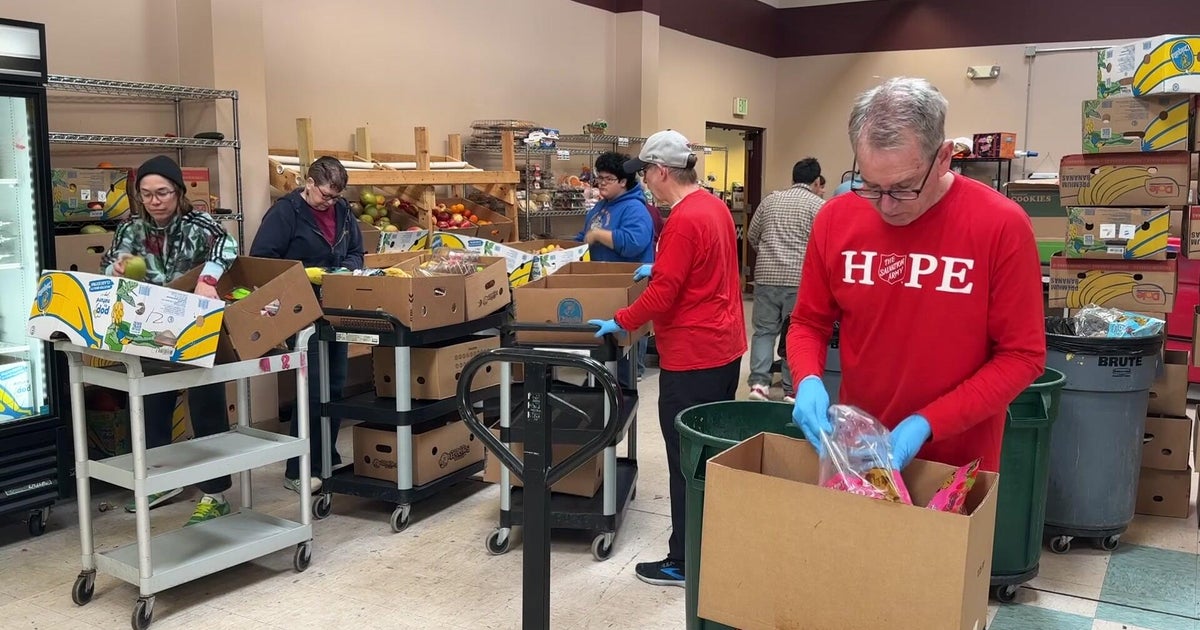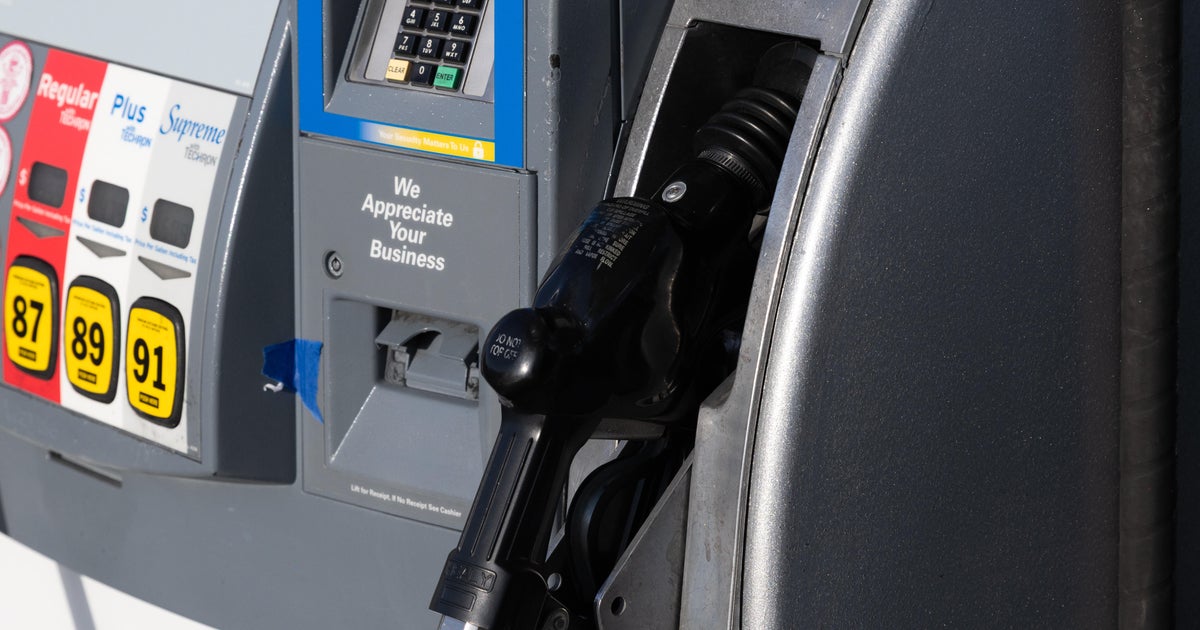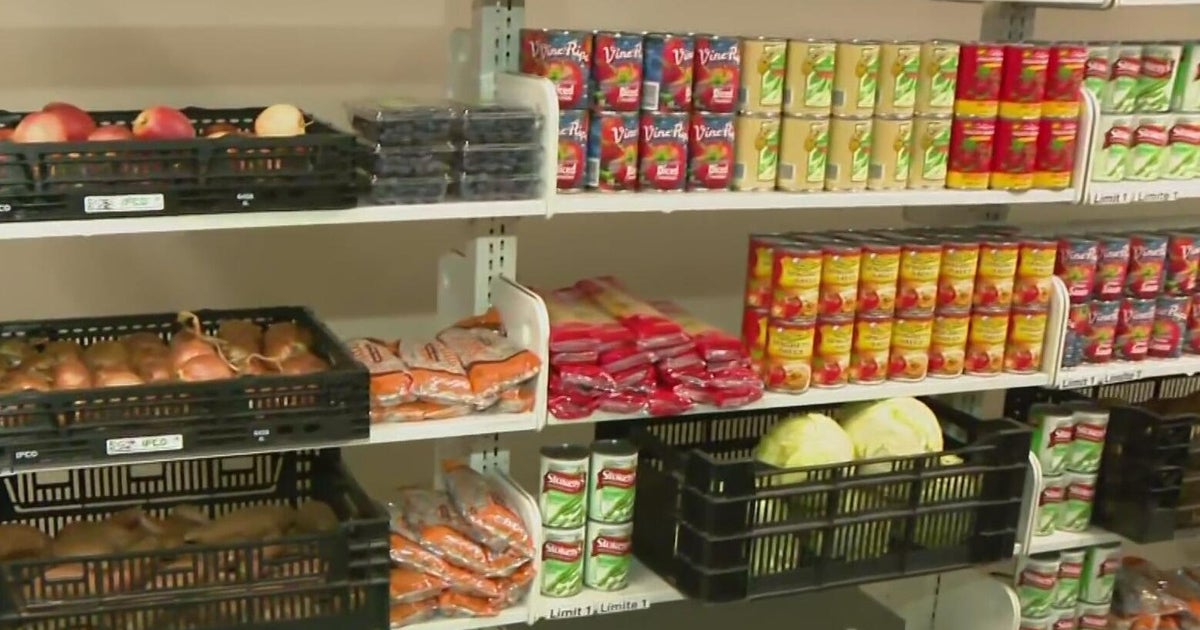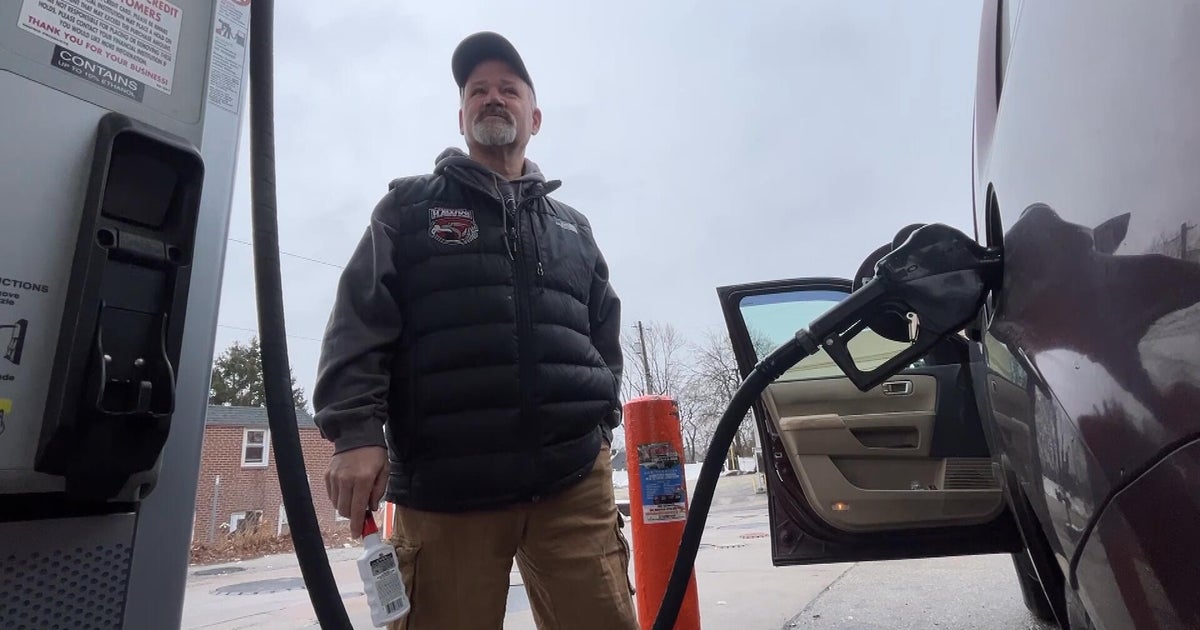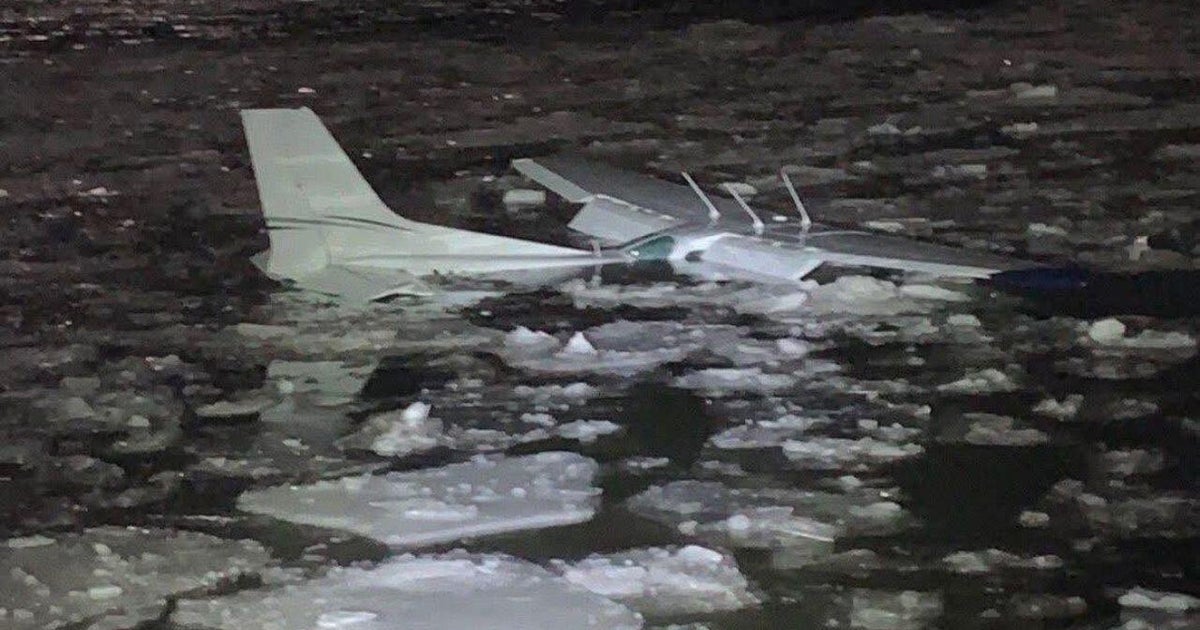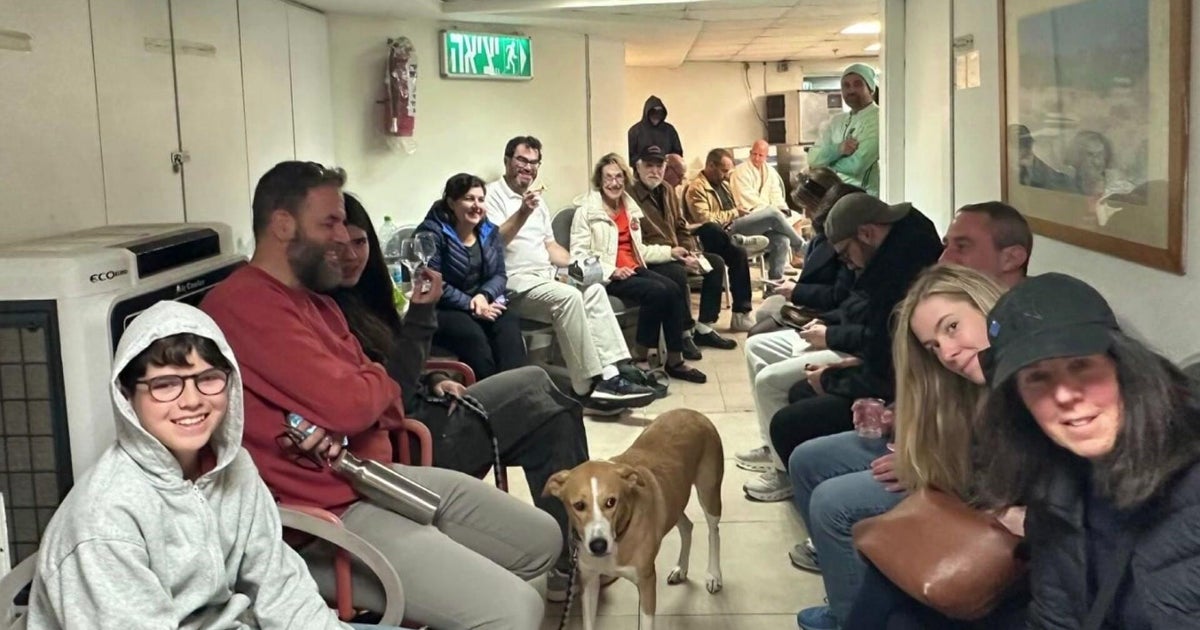Tariff War Puts More Government Commodities In Food Shelves
ST. PAUL, Minn. (WCCO) -- The Hallie Q. Brown food shelf is among 300 in the statewide Hunger Solutions network, and like all of them, it's seeing a huge jump in demand.
"The Minnesota food helpline has received quadruple the number of calls for food assistance." said Colleen Moriarty, executive director of Hunger Solutions.
Moriarity heads up the organization and says the demand is largely due to the deepening federal government shutdown.
"So federal workers, people who serve federal workers or businesses impacted by that and then people who are just worried," Moriarty said.
But with all the anxiety over having enough food on the table, comes a bit of welcomed irony amid the despair.
Looking at the shelves, Moriarty points out, "Milk, pork, apples, high nutritional value foods we want to make sure we get out."
Because of the ongoing trade war, the federal government is buying more commodities from farmers to help offset their losses. Everything from meat and dairy products to fruits and vegetables.
To ensure it doesn't go to waste, millions of pounds of it will go to Minnesota food shelves.
"If they're going through our doors we've got to serve them," explains Jonathan Palmer, executive director of Hallie Q. Brown.
The Emergency Food Assistance Program (TEFAP) can expect more than double its normal amount. Each year Minnesota will receive between six and eight million pounds of federal food commodities. This year the state expects to receive up to 17 million pounds of food.
For Palmer and his food shelf, it couldn't come at a better time.
Explains Palmer, "There's a lot of people who are unsure what to do and the thing we encourage them is to come on in. When they come in our doors, we will serve them."
An emergency pantry is doing what it's designed by helping those in need with the sustenance of daily life.
Anyone facing food insecurity is encouraged to call the food hotline at (888) 711-1151 to locate a food shelf nearby.
